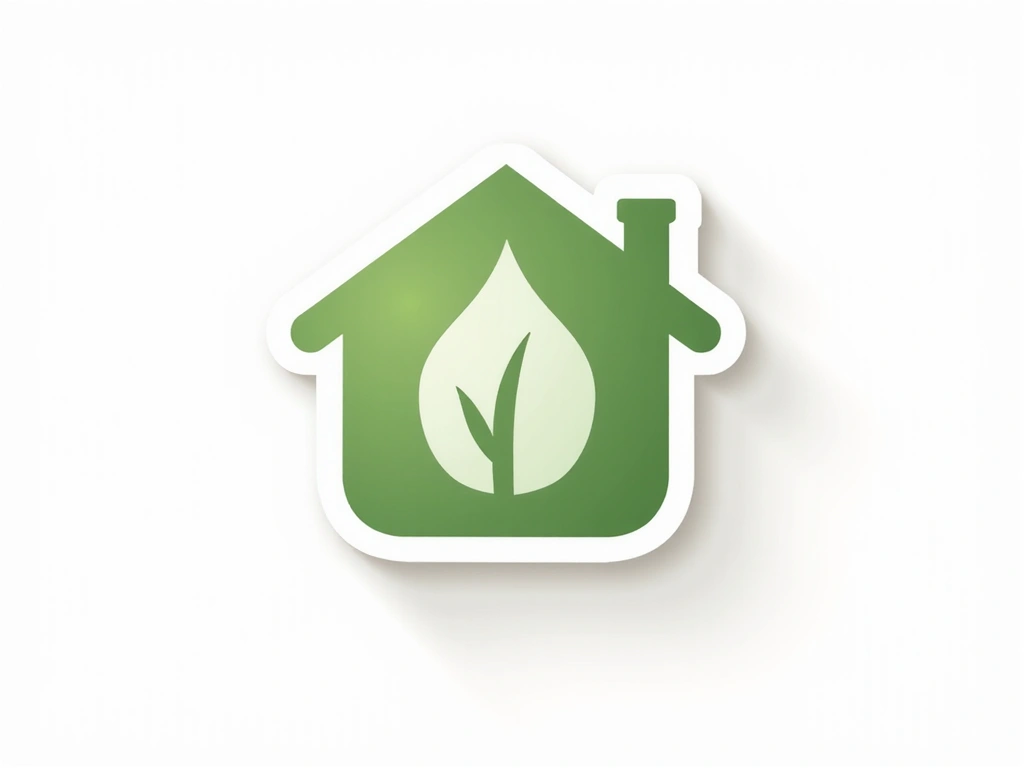Home Harmony Habits for a Balanced Life
Cultivating Home Harmony
In today's fast-paced world, our homes should be our sanctuaries – spaces that nurture our well-being, foster strong relationships, and support our personal growth. This collection of intentional habits focuses on creating just that: a harmonious home environment through simple, daily practices. These habits are designed to be easily integrated into your routine, offering a path to a more balanced and fulfilling life within the walls you call home.
- Focus on Holistic Wellbeing
- Emphasize Practicality and Simplicity
- Promote Sustainable Living Practices
- Strengthen Relationships and Emotional Health
- Enhance Productivity and Personal Success
Embrace these habits to transform your living space into a true haven that reflects and supports your best self.
Filter Habits
 Home Environment's Habit Sets
Home Environment's Habit Sets

Sort Waste Daily
Differentiate waste into proper categories like paper, glass, plastics, and organic waste to facilitate recycling. This habit significantly reduces environmental impact by keeping recyclable materials out of landfills.
Why This Matters
Maria started sorting her waste after learning about the damaging effects of improper waste disposal on marine ecosystems. She believes that small individual actions collectively create significant environmental change, and sorting waste is her daily contribution to sustainability.
Choose Reusable Products
Replace single-use items with reusable alternatives such as glass bottles instead of plastic containers or cloth napkins instead of paper ones. This practice significantly reduces household waste and lessens environmental impact over time.
Why This Matters
Thomas adopted reusable products after calculating his annual plastic waste contribution. He was shocked to discover how much single-use plastic his household generated yearly, and switching to reusables helped him align his daily habits with his environmental values.
Use Eco-Friendly Products
Choose local products and items without environmentally harmful chemicals for cleaning and everyday use. This approach limits pollution from transport and reduces exposure to toxic substances in your home environment.
Why This Matters
Sarah switched to eco-friendly products after her child developed respiratory issues that were aggravated by chemical cleaners. She discovered that natural alternatives were just as effective while creating a healthier home atmosphere, which improved her family's overall well-being.
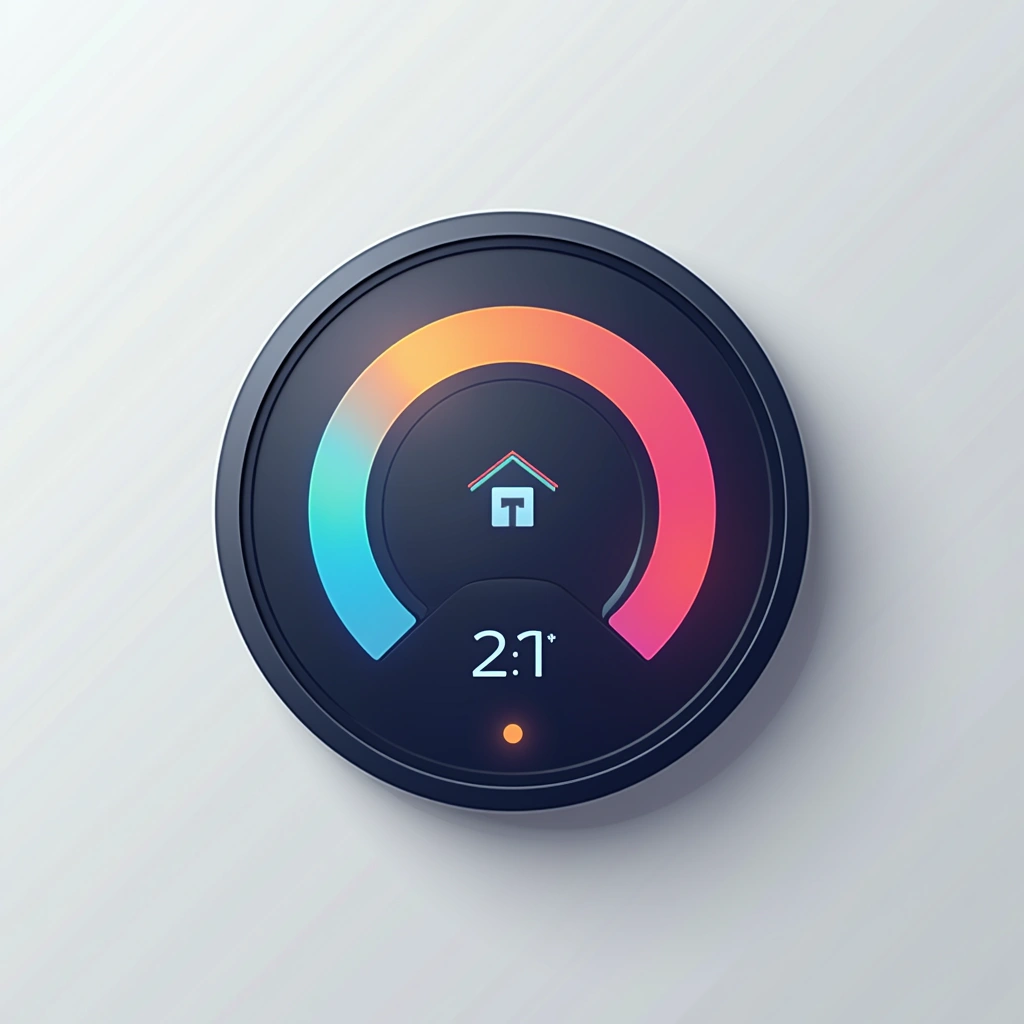
Monitor Energy Usage
Use energy-efficient appliances and develop habits like turning off lights when leaving rooms or turning off the tap while brushing teeth. These small actions accumulate to significantly reduce your home's carbon footprint over time.
Why This Matters
Daniel installed smart home monitoring after being shocked by his utility bills. He realized that tracking his resource consumption made him more conscious of waste, allowing him to reduce his environmental impact while simultaneously saving money on monthly expenses.

Implement Screen-Free Meals
Keep all electronic devices away from the table during mealtimes. This practice enhances mindful eating and improves the quality of family interactions during shared meals.
Why This Matters
Miguel established screen-free meals after noticing how technology was diminishing family connections at dinnertime. He found that this simple boundary created space for more meaningful conversations, improved his children's communication skills, and made mealtimes more enjoyable and relaxing for everyone.

Evening Screen Curfew
Establish a rule to turn off all screens (phones, computers, TVs) after 9pm each night. This boundary helps improve sleep quality by reducing blue light exposure that interferes with melatonin production.
Why This Matters
Lisa implemented a screen curfew after struggling with insomnia for months. She discovered that avoiding digital devices before bed allowed her mind to wind down naturally, improved her sleep quality dramatically, and gave her time for relaxing bedtime rituals like reading or journaling.

Sunday Meal Preparation
Set aside a few hours each Sunday to prepare meals for the upcoming week. This practice saves time on busy weekdays, reduces food waste, and helps maintain healthier eating habits.
Why This Matters
Carlos started meal prepping to avoid ordering expensive takeout during his hectic work schedule. He found that planning and preparing meals in advance not only saved money but also helped him maintain a balanced diet even during stressful weeks, giving him more energy and focus.

Install Red Nightlights
Replace standard bulbs with red lights for evening use after sunset. This lighting choice helps maintain natural melatonin production for better sleep quality by eliminating blue light that disrupts circadian rhythms.
Why This Matters
Jordan switched to red lighting after researching sleep optimization techniques for his chronic insomnia. He discovered that this simple change to his home environment aligned with his body's natural rhythms, dramatically improved his sleep quality, and increased his daytime energy levels without medication.

Return Items Immediately
Put objects back in their designated places immediately after use rather than letting them accumulate. This simple habit prevents clutter buildup and saves hours of cleaning time later.
Why This Matters
Andrea developed this habit after constantly feeling overwhelmed by the state of her home. She realized that the few seconds it takes to put something away prevents hours of cleaning later, reduces her stress levels significantly, and allows her to enjoy her living space more fully.

Regularly Remove Extras
Systematically eliminate duplicate or unused items from your home, even if they were free or discounted. This practice reduces visual noise, simplifies cleaning, and creates a more peaceful environment.
Why This Matters
Marcus started decluttering after realizing that even free items carried a cost in terms of storage space and mental energy. He found that living with fewer possessions created a sense of spaciousness in his home, reduced his cleaning time by 50%, and made him more mindful about future purchases.
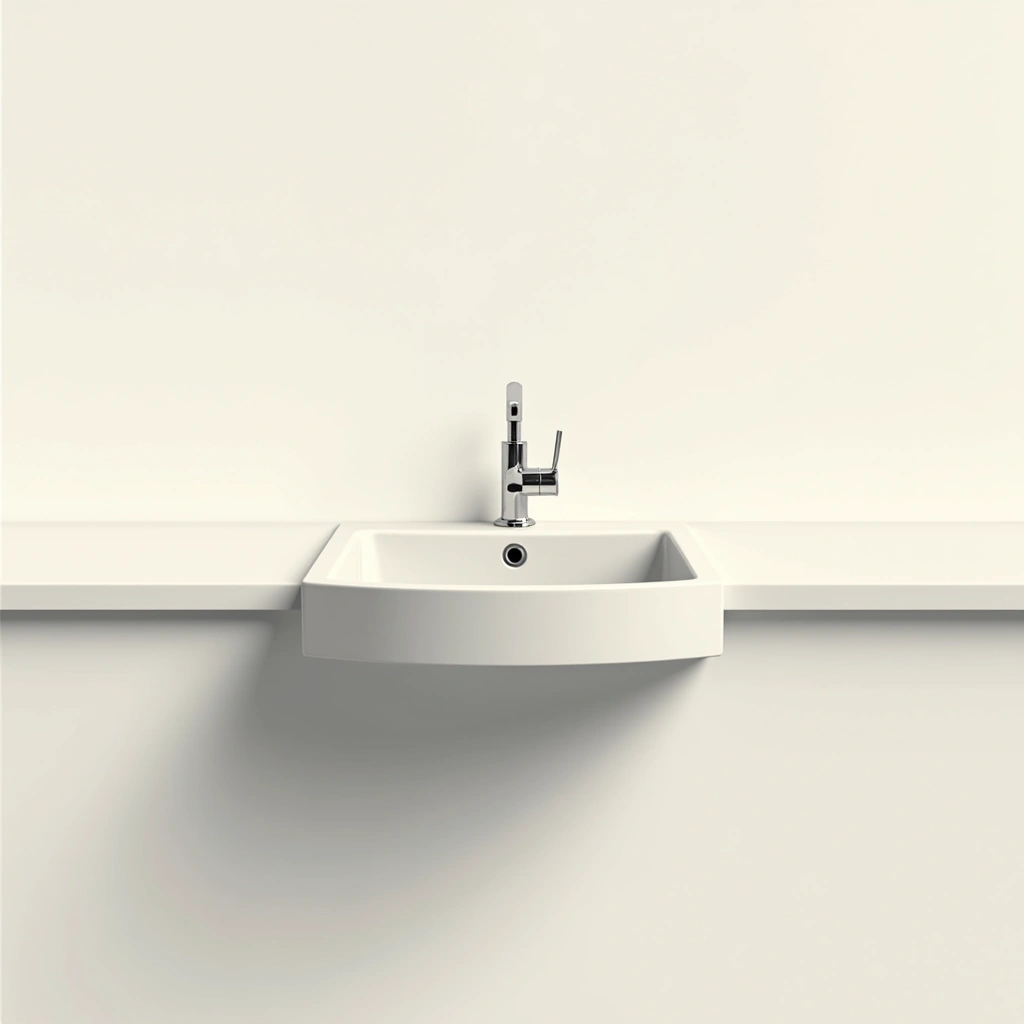
Process Items Daily
Handle papers, dishes, and laundry promptly rather than allowing them to accumulate. This habit prevents the overwhelming feeling of facing large backlogs and maintains order continuously.
Why This Matters
Sophia implemented this system after feeling constantly behind on household tasks. She discovered that immediate processing of everyday items reduced her stress significantly, eliminated weekend cleaning marathons, and gave her more free time to pursue hobbies and relationships.
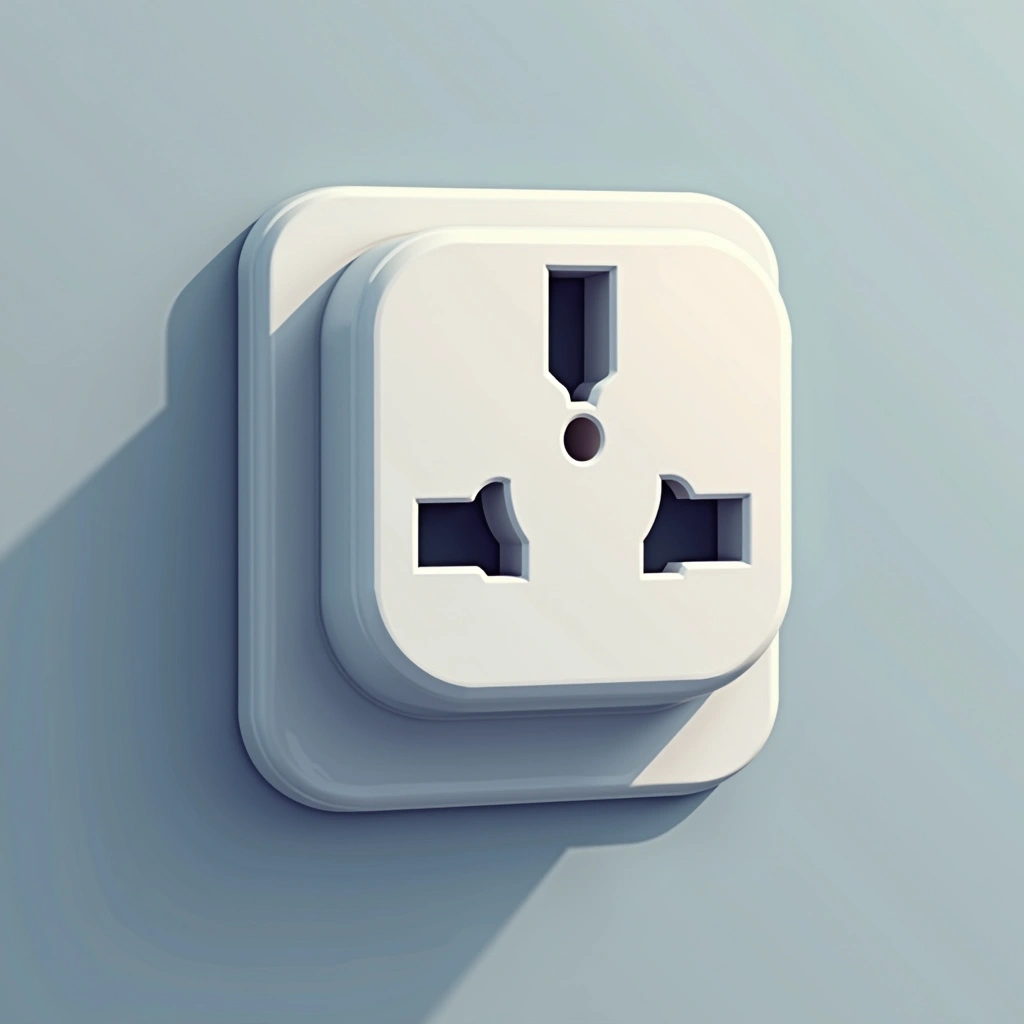
Power Down Unused Devices
Turn off and unplug electronic devices and appliances when not actively in use. This practice reduces phantom energy consumption, lowers utility bills, and decreases your home's environmental footprint.
Why This Matters
Rajiv began powering down devices after learning that standby power can account for up to 10% of household energy use. He was motivated by both environmental and financial considerations, finding that this simple habit reduced his electricity bill while aligning with his commitment to sustainable living.

Install LED Lighting
Replace traditional incandescent bulbs with energy-efficient LED alternatives throughout your home. LEDs use 75% less energy and last 25 times longer, providing significant environmental and financial benefits.
Why This Matters
Elena switched to LED lighting as part of her home's energy efficiency upgrade. She calculated that though the initial investment was higher than traditional bulbs, the long-term energy savings and reduced replacement frequency would save thousands over time while reducing her carbon footprint.
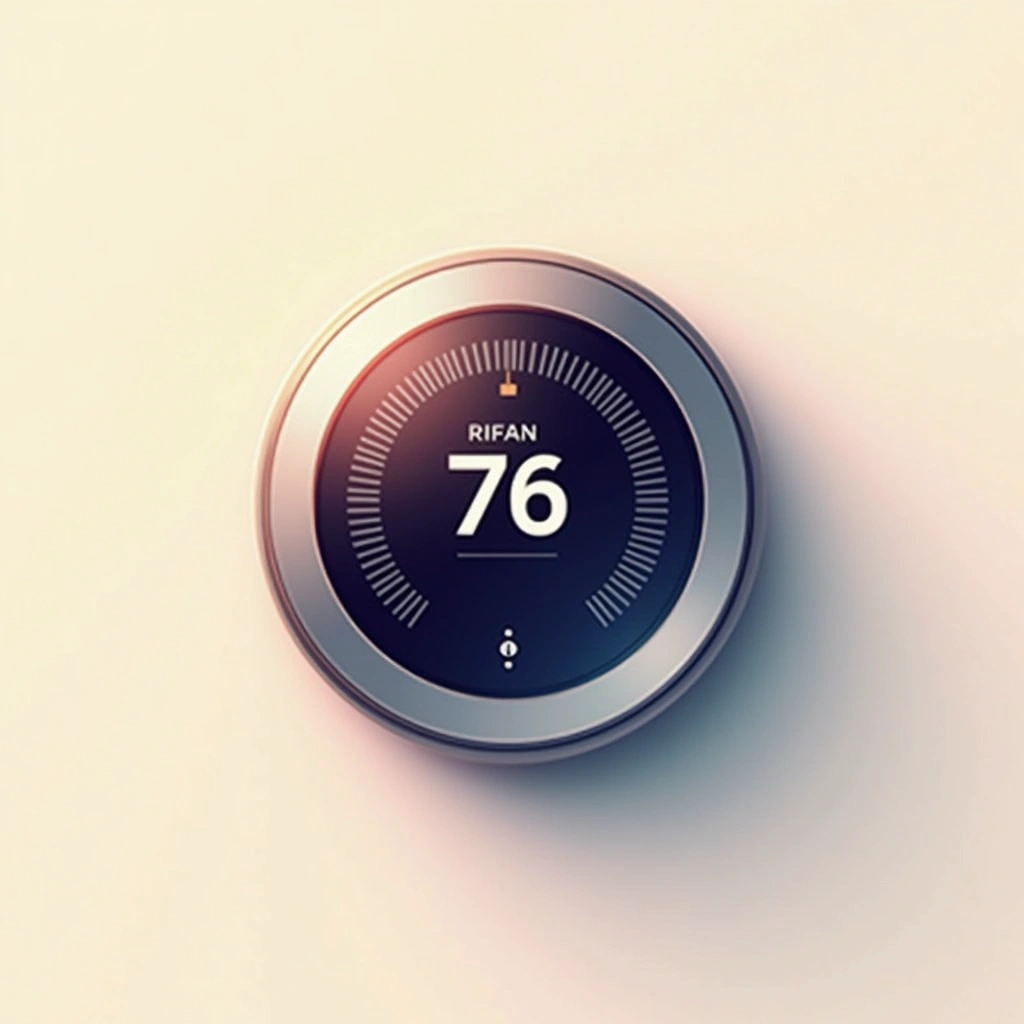
Program Your Thermostat
Install a programmable thermostat and adjust temperature settings seasonally for optimal efficiency. This automation reduces energy waste during times when precise temperature control isn't necessary.
Why This Matters
Amir installed a smart thermostat after analyzing his heating bills during winter months. He programmed lower temperatures while sleeping and away from home, discovering that these small adjustments reduced his energy consumption by 15% without sacrificing comfort when actively using living spaces.

Mix Natural Cleaners
Create homemade cleaning products using simple ingredients like vinegar, baking soda, and essential oils. These natural alternatives effectively clean surfaces without introducing harsh chemicals into your home environment.
Why This Matters
Olivia began making her own cleaners after her youngest child developed skin sensitivities to commercial products. She appreciated that these DIY solutions were both cost-effective and environmentally friendly, while also creating a healthier indoor environment for her family's sensitive skin and respiratory systems.
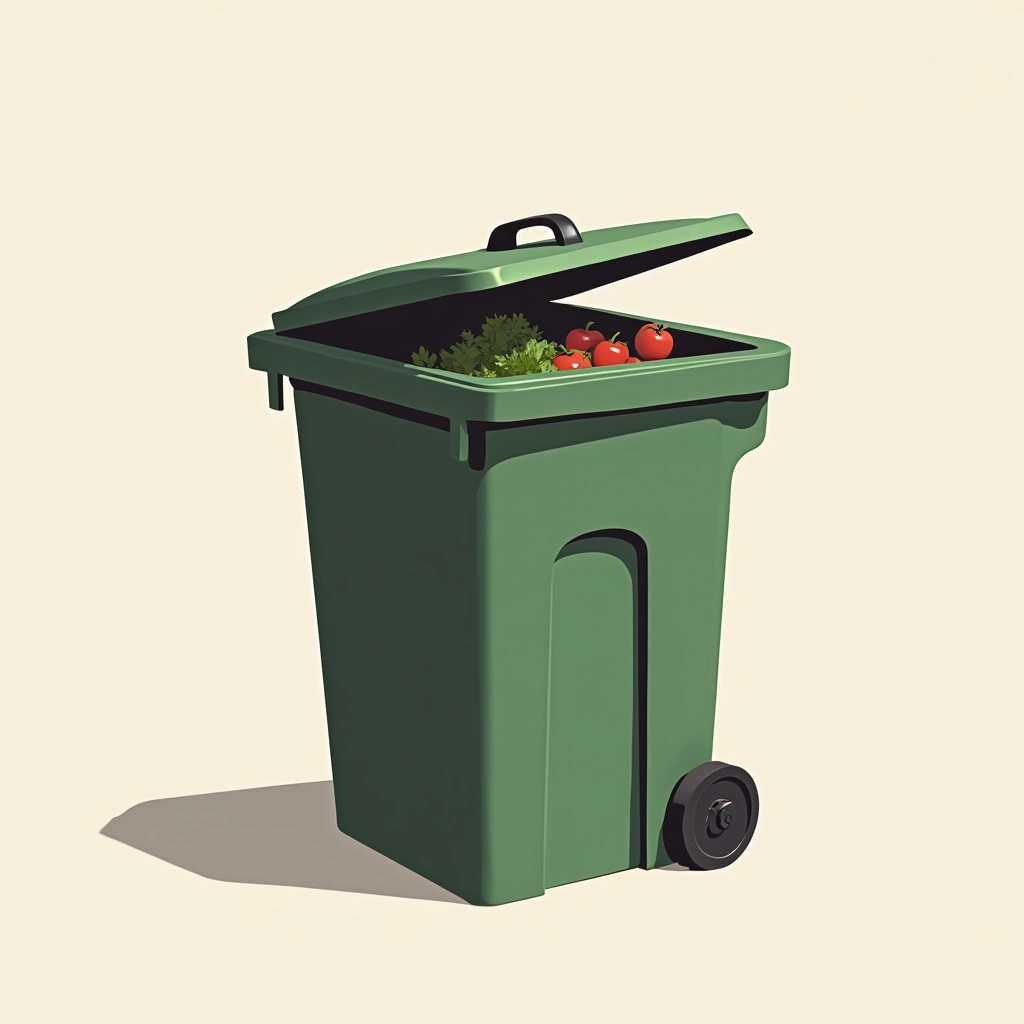
Compost Kitchen Scraps
Collect food waste and organic matter for composting instead of sending it to landfill. This practice reduces methane emissions from decomposing organics and creates nutrient-rich soil for gardens.
Why This Matters
Nathan started composting to reduce his household waste after learning that food scraps constitute nearly 30% of what we throw away. He was surprised by how simple the process was to maintain and took satisfaction in creating rich soil for his garden while reducing his environmental impact.

Purchase Bulk Essentials
Buy frequently used household and pantry items in larger quantities with minimal packaging. This approach reduces packaging waste, typically costs less per unit, and decreases shopping frequency.
Why This Matters
Priya switched to bulk buying after calculating the packaging waste generated by her household's regular purchases. She found that this method reduced both her environmental footprint and grocery expenses, while the convenience of having essentials on hand decreased her shopping trips by half.

Maximize Natural Light
Open blinds and curtains during daylight hours to allow sunlight to enter your living spaces. Natural light increases serotonin production, contributing to improved mood and well-being while reducing electricity usage.
Why This Matters
James made a habit of opening his blinds first thing each morning after learning about light's impact on mental health. He noticed significant improvements in his energy levels and mood, particularly during winter months when seasonal affective disorder had previously affected his productivity and emotional state.

Ventilate Daily
Open windows for at least 15 minutes daily to circulate fresh air throughout your home. This practice removes indoor pollutants, chemical residues, and stale odors while improving overall air quality.
Why This Matters
Hannah established a daily ventilation routine after researching indoor air pollution levels in typical homes. She was concerned about chemical buildup from cleaning products and furniture off-gassing, and found that regular air exchange noticeably improved her family's sleep quality and reduced allergy symptoms.
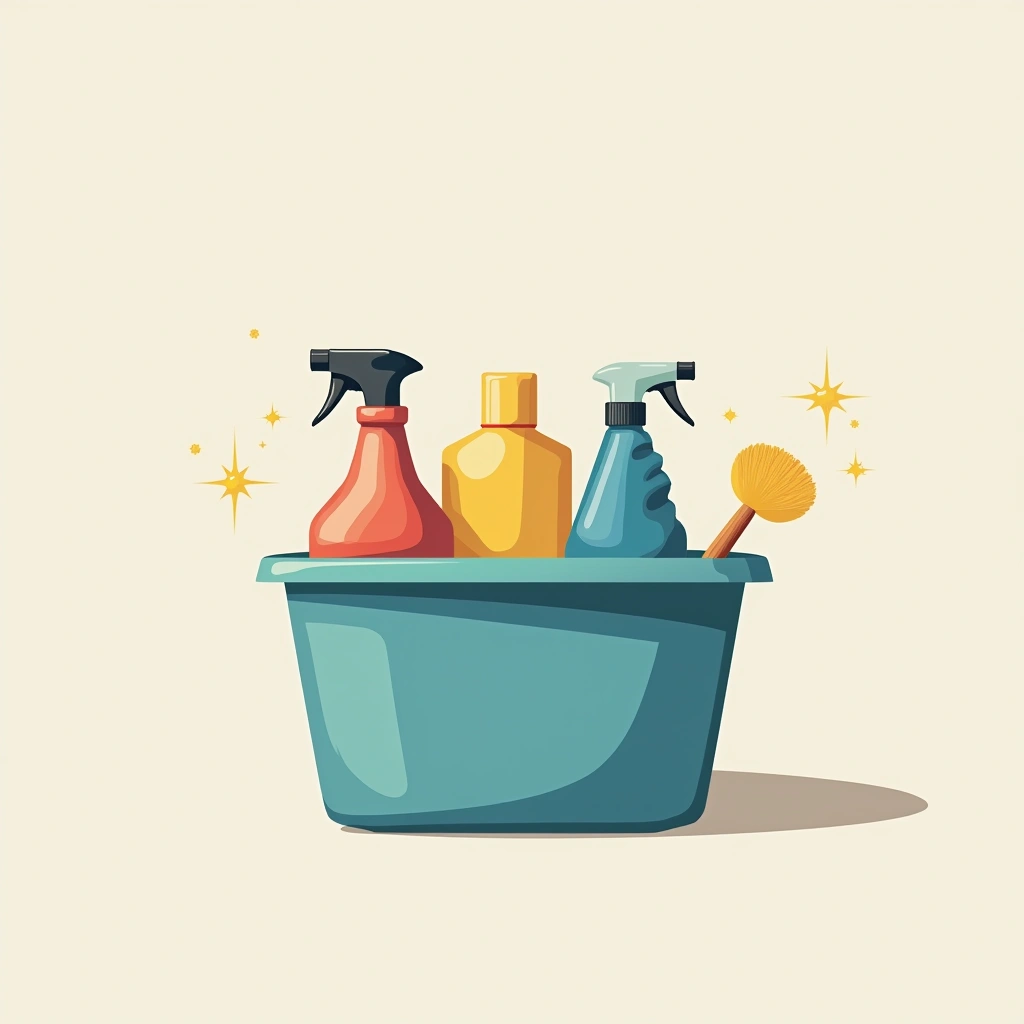
Clean Little, Often
Incorporate small cleaning tasks into your daily routine rather than saving everything for major cleaning sessions. This approach maintains a consistently tidy home without requiring exhausting marathon cleaning days.
Why This Matters
Victor adopted incremental cleaning after years of dreading weekend cleaning marathons. He found that spreading maintenance tasks throughout the week made cleaning less overwhelming, kept his home consistently presentable for unexpected guests, and freed up his weekends for activities he actually enjoyed.

Activate Outdoor Areas
Create functional spaces in your yard or balcony for relaxation, dining, or hobbies. Utilizing outdoor living space expands your home's usable area and encourages beneficial time in nature and fresh air.
Why This Matters
Leila transformed her neglected patio into an outdoor living room after reading about nature's stress-reducing effects. She discovered that having an inviting outdoor space encouraged her family to spend more time outside, provided a refreshing change of environment, and improved their overall well-being through increased exposure to nature.

Designate Hobby Areas
Carve out dedicated spaces in your home for activities you enjoy, whether it's reading, crafting, or music. Having designated areas for hobbies increases the likelihood of engaging in these fulfilling activities regularly.
Why This Matters
Ryan created a corner specifically for his painting after realizing he rarely pursued his passion due to the hassle of setting up and clearing away supplies. Having a permanent space made it easier to engage in short creative sessions, which significantly improved his stress levels and provided a healthy outlet for self-expression.

Schedule Technology-Free Gatherings
Establish regular family time at home without digital distractions, such as weekly game nights or device-free dinners. These intentional gatherings strengthen family bonds and create lasting memories.
Why This Matters
Monica implemented weekly family nights after noticing how seldom everyone was present together despite living under the same roof. She found that these structured, screen-free gatherings improved communication between family members, created opportunities for genuine connection, and became treasured traditions that everyone looked forward to.
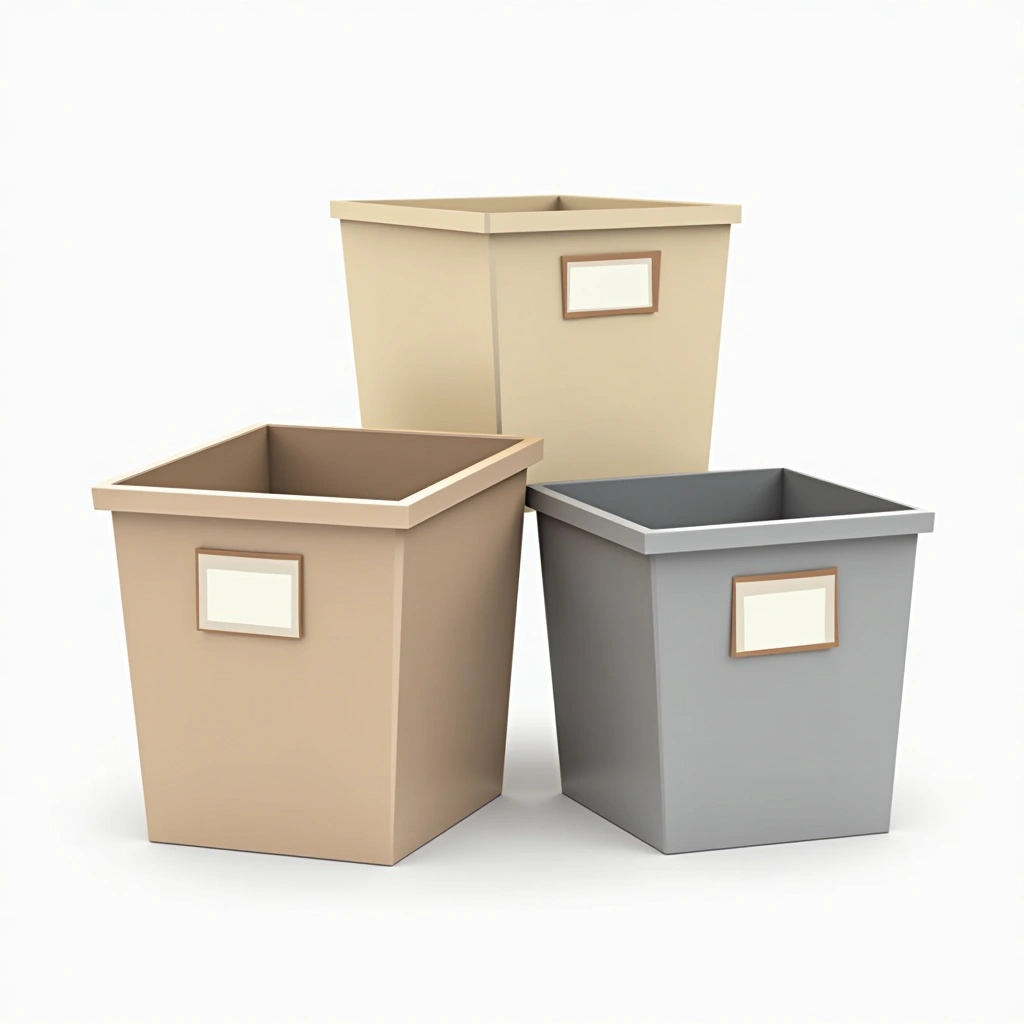
Use Three-Box System
When organizing any area, sort items into distinct keep, donate, and discard categories. This methodical approach prevents indecision, accelerates the decluttering process, and ensures items are appropriately redistributed.
Why This Matters
Benjamin implemented the three-box system when downsizing after retirement. He appreciated how the clear decision framework eliminated the paralysis of deciding what to do with each item, made the overwhelming task manageable through clear categories, and helped him let go of possessions that no longer served his current lifestyle.
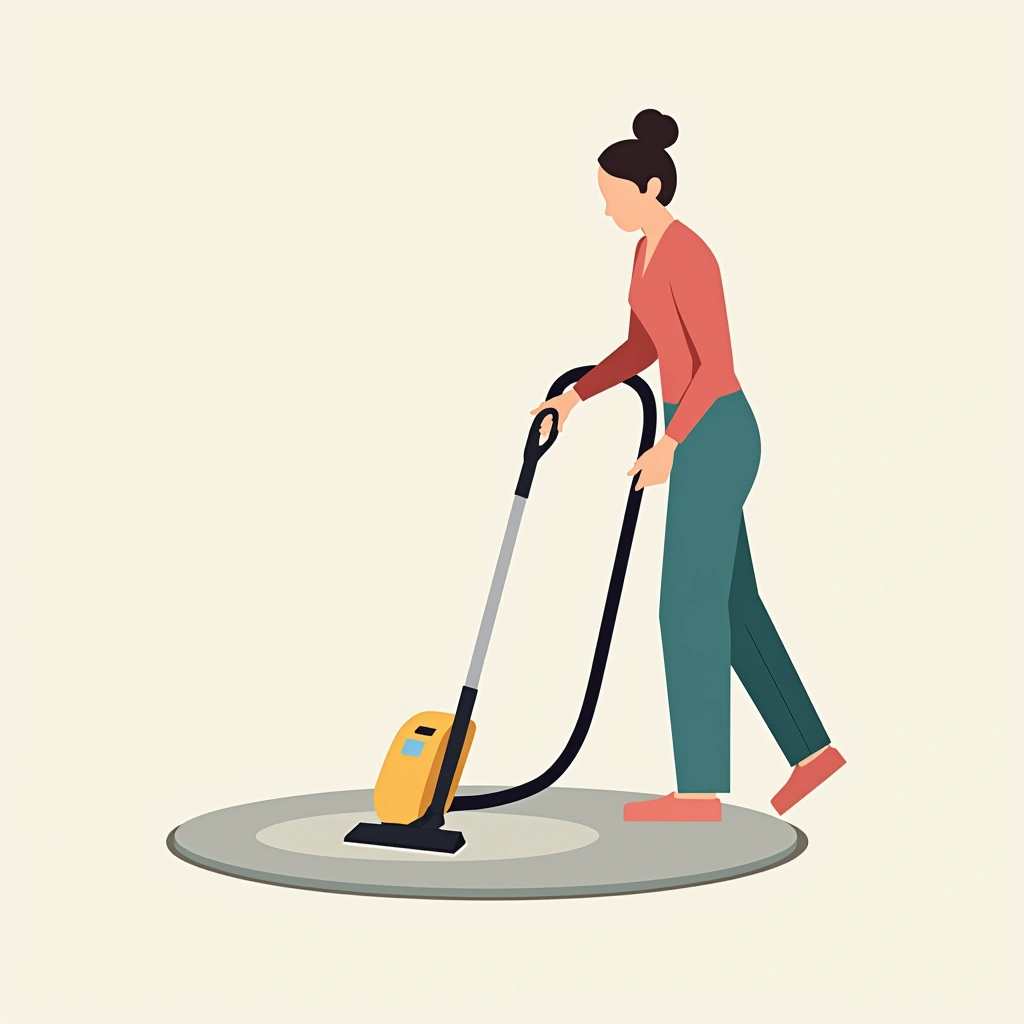
Maintain Floor Cleanliness
Vacuum or mop all floors on a consistent weekly schedule rather than waiting for visible dirt. Regular floor maintenance removes allergens, prevents buildup in high-traffic areas, and maintains the appearance and longevity of flooring.
Why This Matters
Grace established a weekly floor cleaning routine after her child developed allergies. She discovered that consistent maintenance dramatically reduced dust and allergen levels in her home, improved indoor air quality measurably, and prevented the need for more intensive deep cleaning sessions that used to consume entire weekends.

Prepare Tomorrow's Lunch
Pack your lunch the evening before work or school days. This habit ensures healthier eating, saves money compared to buying meals out, and reduces morning stress.
Why This Matters
Jason started packing lunches after calculating he was spending over $2,500 annually on takeout lunch breaks. He found that preparing meals in advance not only saved significant money but also improved his nutrition, as he could control ingredients and portion sizes while avoiding impulsive unhealthy choices when hungry.

Record Daily Gratitudes
Write down three things you're grateful for each day before bed. This simple practice shifts focus to positive aspects of life, improves mental outlook, and helps cultivate contentment with your home and surroundings.
Why This Matters
Fatima began a gratitude journal during a particularly challenging period in her life. She found that the practice helped her notice overlooked positives in her daily environment, reduced her anxiety about wanting a "perfect" home, and increased her appreciation for the comfort and security her current space provided.

Take Daily Nature Breaks
Spend at least 10 minutes outside each day regardless of weather. Regular outdoor time provides vitamin D, improves mood through natural light exposure, and creates a refreshing contrast to indoor environments.
Why This Matters
Wei committed to daily outdoor time after researching the mental health benefits of nature exposure. He discovered that even brief periods outside reset his mental state during stressful workdays, improved his sleep quality by regulating his circadian rhythm, and gave him a greater appreciation for his indoor space upon returning.

Set Social Media Boundaries
Restrict social media use to designated times and durations each day. This boundary prevents endless scrolling that consumes valuable time and attention that could be directed toward home improvement or family connection.
Why This Matters
Zoe implemented strict social media limits after tracking her usage and finding she spent over 3 hours daily on various platforms. She was shocked to discover how much quality time this habit was consuming, and after setting boundaries, she redirected that time to home projects and family activities she had previously "never had time for."

Schedule Decluttering Blocks
Set aside 20 minutes each week to intentionally declutter one small area of your home. This incremental approach prevents overwhelming accumulation while gradually creating a more organized living environment.
Why This Matters
Alex established weekly decluttering sessions after multiple failed attempts at whole-house organization marathons. He found that breaking the process into manageable chunks made it sustainable long-term, prevented clutter from becoming overwhelming in the first place, and gave him continuous satisfaction from seeing gradual improvements throughout his home.
Key Takeaways
Integrating these habits into your daily life is about embracing small, consistent actions that collectively create a significant positive impact. Here are the core principles to remember as you embark on this journey of home harmony.
- Mindful Consumption: Be conscious of your resource usage and waste. Habits like Sorting Waste Daily, Choosing Reusable Products, and Composting Kitchen Scraps contribute to a more sustainable lifestyle and reduce your environmental footprint.
- Intentional Technology Use: Establish healthy boundaries with technology to enhance real-life connections and improve wellbeing. Practices such as Implement Screen-Free Meals, Evening Screen Curfew, and Set Social Media Boundaries free up time and attention for more meaningful activities.
- Organized Living: Create a more peaceful and productive home through organization and decluttering. Habits like Return Items Immediately, Regularly Remove Extras, Process Items Daily, and Schedule Decluttering Blocks help maintain order and reduce stress.
- Prioritize Health & Wellbeing: Focus on habits that directly improve your physical and mental health within your home. Consider Install Red Nightlights, Maximize Natural Light, Ventilate Daily, Take Daily Nature Breaks, and Record Daily Gratitudes to boost your overall well-being.
- Nurture Relationships: Consciously cultivate stronger family bonds and connections. Implement Screen-Free Meals and Schedule Technology-Free Gatherings create dedicated time for quality interactions and shared experiences.
- Efficient Home Management: Streamline household tasks and save time and energy. Sunday Meal Preparation, Clean Little, Often, Maintain Floor Cleanliness, and Prepare Tomorrow's Lunch are habits that simplify daily routines and free up your schedule.
Take the first step today. Choose one or two habits that resonate with you and begin to weave them into your daily life – the journey to a more harmonious home starts now.
